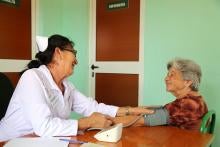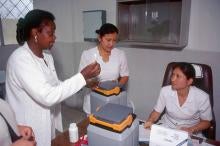Mobile technologies in healthcare: reflections on development, application, legal aspects, and ethics
The association between fast-growing mobile technologies and increasingly more mobile devices has allowed the introduction of virtual environments into daily activities. That includes the health care domain, where concepts such telemedicine, telehealth, eHealth, and mHealth have emerged. In addition to presenting these new concepts, this article aims to discuss the advancements and challenges of mobile health technologies stemming from considerations regarding development, application, legal aspects, and ethics.















